Immunology
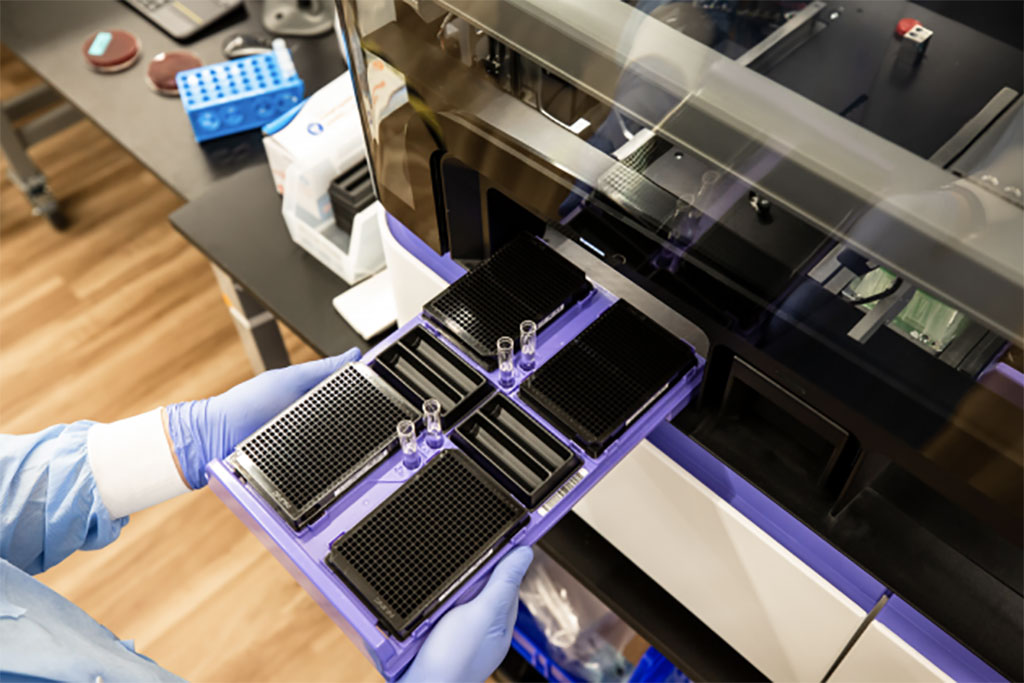
Next Generation Rapid Antibiotic Susceptibility Testing (AST) Platform Granted FDA Breakthrough Device Designation
Selux Diagnostics, Inc.’s (Boston, MA, USA) Next Generation Phenotyping (NGP) platform has received Breakthrough Device Designation from the U.S. Food and Drug Administration (FDA) for positive blood culture and sterile body fluid samples. More...05 Oct 2021
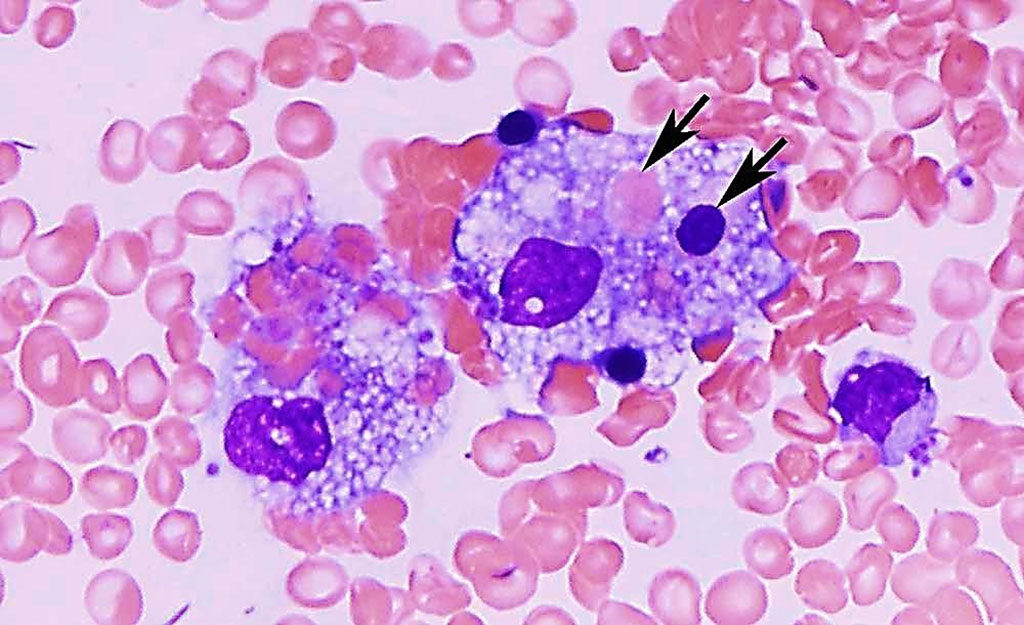
IFN-γ Signature Distinguishes Pediatric Hemophagocytic Lymphohistiocytosis from Sepsis and SIRS
Hemophagocytic lymphohistiocytosis (HLH), severe sepsis, and persistent systemic inflammatory response syndrome are all conditions defined by excessive immune activation that may progress rapidly and are associated high risk of death without early introduction of appropriate therapy. More...04 Oct 2021
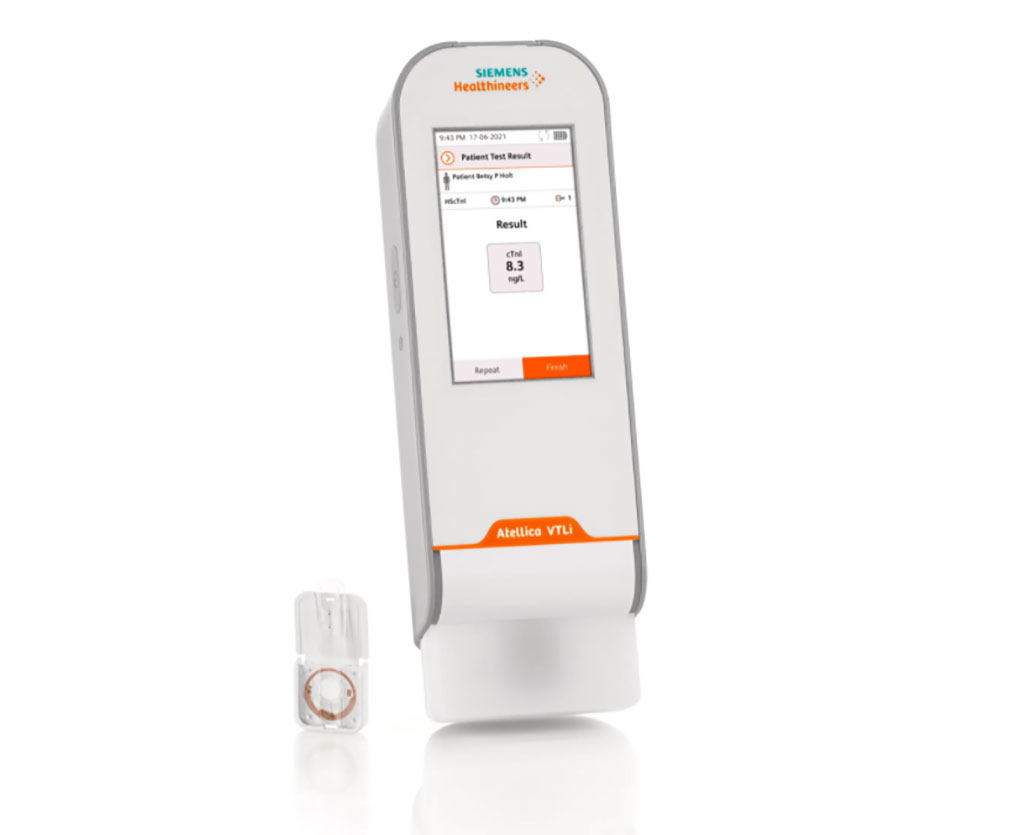
Siemens Wireless, Handheld Patient-Side Immunoassay Analyzer Enables Industry First Fingerstick High-Sensitivity hs-cTnI Testing at POC
Siemens Healthineers’ (Erlangen, Germany) new Atellica VTLi patient-side immunoassay analyzer marks a vital leap forward in cardiac testing by offering clinicians the first high-sensitivity troponin I test from a fingerstick sample at the point of care. More...30 Sep 2021

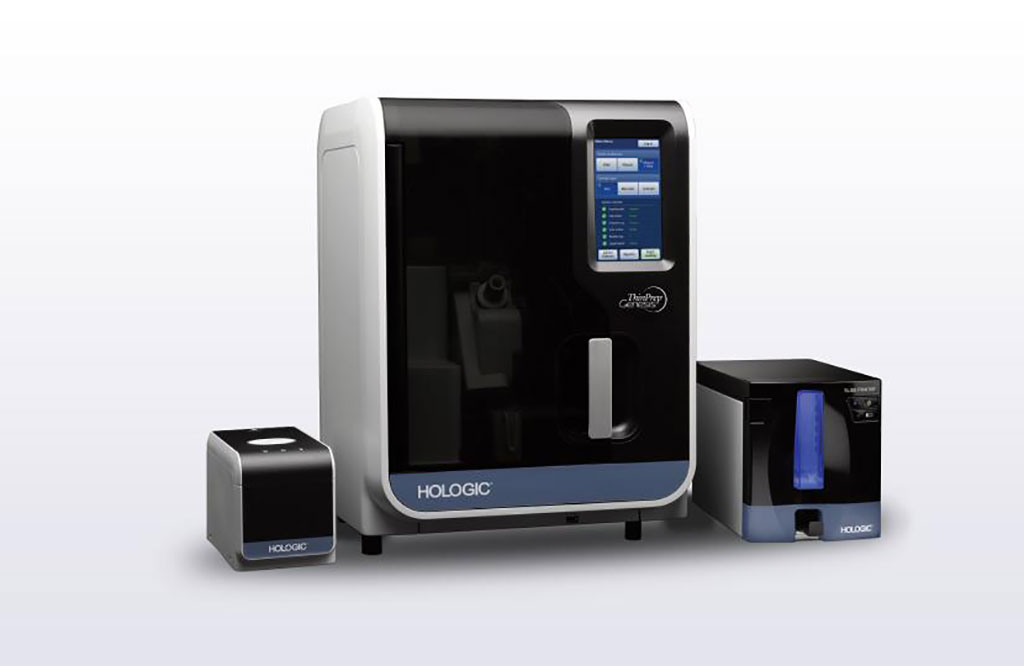
Hologic Displays Automated Solutions And Expansive Diagnostic Menu to Help Labs Grow at AACC 2021
Hologic, Inc. (Marlborough, MA, USA) displayed its automated solutions and expansive diagnostic menu that are designed to help labs grow at the 2021 AACC Annual Scientific Meeting & Clinical Lab Expo. More...29 Sep 2021

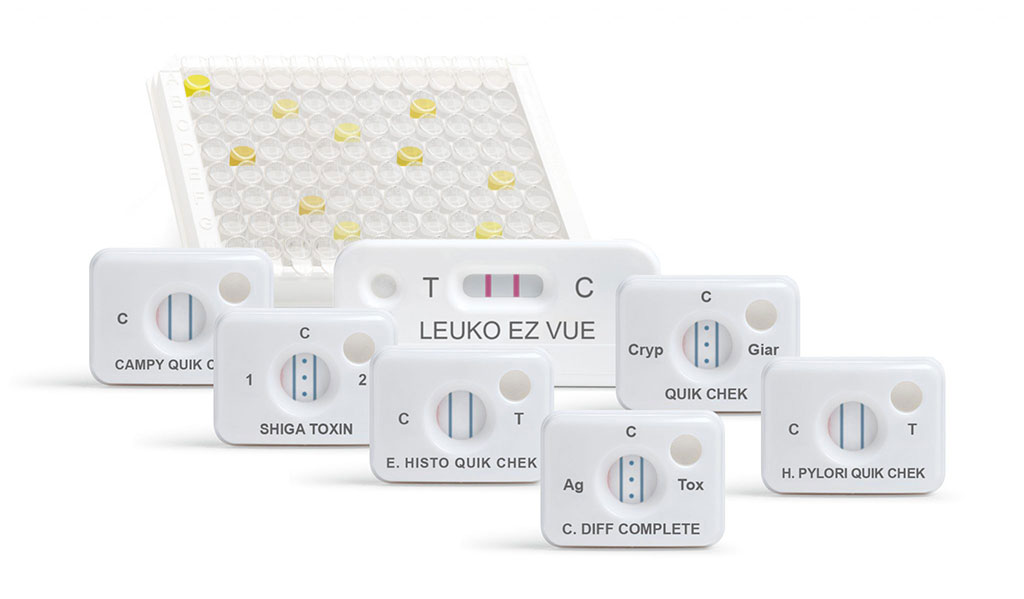
Techlab Showcases Range of Rapid, Non-Invasive Intestinal and Infectious Disease Diagnostic Products
TechLab Inc. (Blacksburg, VA, USA) showcased its range of rapid, non-invasive intestinal and infectious disease diagnostic products at the 2021 AACC Annual Scientific Meeting & Clinical Lab Expo held at the Georgia World Congress Center in Atlanta, September 26-30. More...29 Sep 2021
In Other News
Fapon Biotech Introduces World’s First COVID-19 Antibodies for Antigen Lateral Flow Testing in Differentiating Variant B.1.1.7 and Wild-Type Virus
Hycor Demonstrates Noveos Immunoanalyzer that Sets New Standards to Limit Impact of Interference
LumiQuick Highlights Newly-Launched POC Lateral Flow Assays and ELISA Kits at AACC 2021
Abbott Demonstrates Core Diagnostics Solutions Consisting of Innovative Systems, Automation and Informatics at AACC 2021
Gut Bacteria Are Possible Indicators of Colon Cancer Risk
Dynex Demonstrates Automated, High Throughput Agility ELISA System at AACC 2021
Luminex Introduces xMAP INTELLIFLEX Flow-Based Multiplex Platform at AACC Clinical Lab Expo
Randox Showcases Pioneering Diagnostic Technologies at 2021 AACC Clinical Lab Expo
Technopath Showcases Third Party Quality Controls and Quality Control Software Solutions at AACC 2021
Environmental Allergens Trigger Type 2 Inflammation Through Ripoptosome Activation
Siemens Exhibits Intelligent and Integrated Portfolio of IVD Solutions at AACC Clinical Lab Expo
Biomarkers of the Humoral Immune System and Inflammation Assessed
Pathogenic Antibodies Decline Over Time in VITT
Urinary VEGFA and Renal Pathology Evaluated for IgA Nephropathy Patients
Pneumocystis Frequently Found Lethal in Dermatomyositis
First-Of-Its Kind Blood Test to Distinguish between Bacterial and Viral Infections Using Body’s Immune Response Granted FDA Clearance
Encephalitis After Immunotherapy Detected Early by Blood Test
CCN1 Analyzed as a Biomarker for Breast Cancer Detection
Biomarkers Found for COVID-19 MIS-C Condition in Children
Protein-Expression Changes Specific to Immunoglobulin G4-Related Disease Analyzed
Immunoglobulin Levels Investigated in Adults with IgG Subclass Deficiency
Biomarker p-120 Catenin Distinguishes Conventional Urothelial Carcinoma from Variants
Automated Assays Evaluated For High-Sensitivity Thyroglobulin Measurement
The Immunology channel of LabMedica deals with diagnostic techniques and immuonassays such as ELISA, pregnancy tests, immunoblotting, immunohistochemical staining, serology, and associated hardware.










